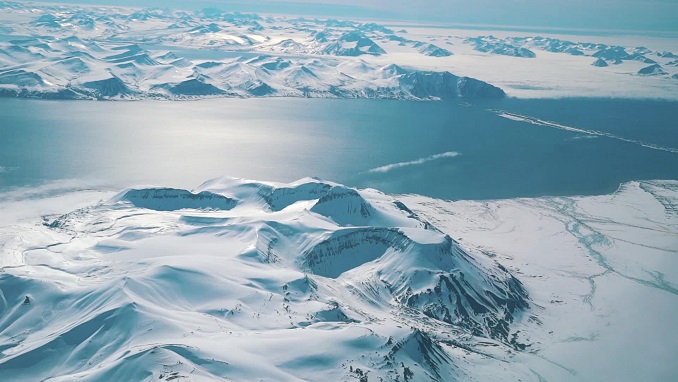Poverty in Arctic communities in Russia, the United States, and Canada may be explained by high birth rates, large numbers of dependents, and high rates of daily expenses, according to Daryana Maximova of the North-Eastern Federal University (NEFU) and the Academy of Sciences’ Institute of the United States and Canada.
A team of NEFU specialists collaborated with scientists from Canada’s University of Manitoba and the United States’ University of Alaska to analyze income sources and study poverty in traditional communities in Russia, the United States, and Canada. The Russian Foundation for Basic Research provided funding for the research in the amount of 1.3 million rubles ($17,500), TASS writes.
According to Maximova, researchers have studied the lives of impoverished populations in Manitoba, Alaska, and Yakutia.
“Using national statistics and analytical data, we compared poverty levels in the aforementioned areas. High birth rates, a large number of retirees and dependents, high levels of daily expenditures, inadequate budget contributions to increase the incomes of the poor, and a variety of other factors may all play a role.” she said.
According to the Russian expert, the scientific findings could be used to make recommendations on how to improve relations between investors and locals in the Arctic, as well as how to improve corporate social responsibility during major mining or infrastructure projects in traditional communities’ territories in the North. Furthermore, the findings may be helpful in improving the efficiency of social benefits for individuals residing in the North.
According to the research, poverty levels are not closely linked to regional sectors. The scientists emphasized the significance of corporate social programs. “Natural resource rent payments from mining corporations play a part in Alaska’s relatively low poverty rate, which may form the foundation for trials to establish unconditional basic income for indigenous people of the North,” the scientist added.
According to Maximova, the Arctic Region is seen as a platform for fresh and, perhaps, imminent industrial and humanitarian development.
Though the North is not a competitor to the South in global terms, the rapid growth of the Earth’s population, the expected depletion of food resources, and the development of life support technologies is expected to stimulate further transformation of settlement systems.












